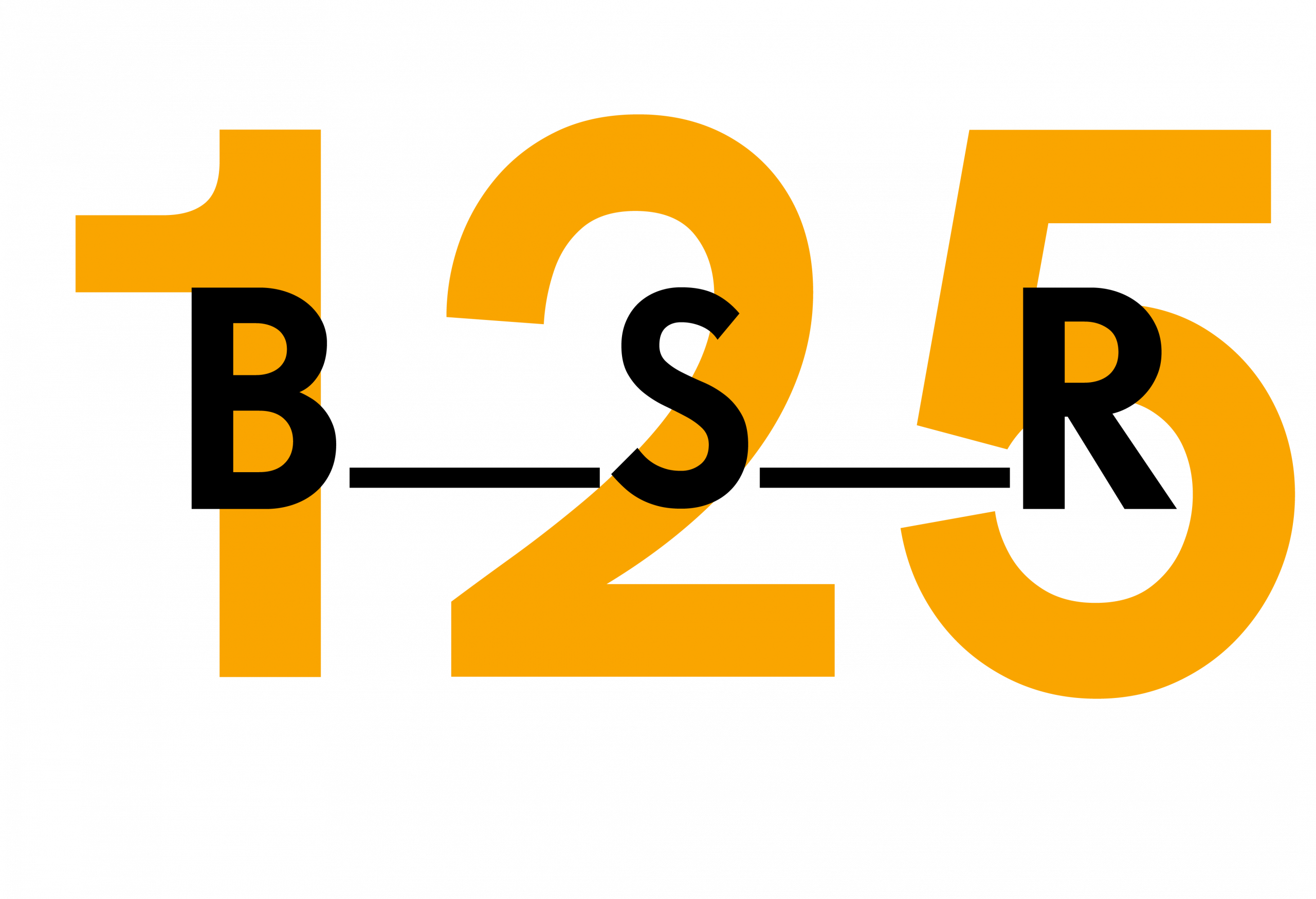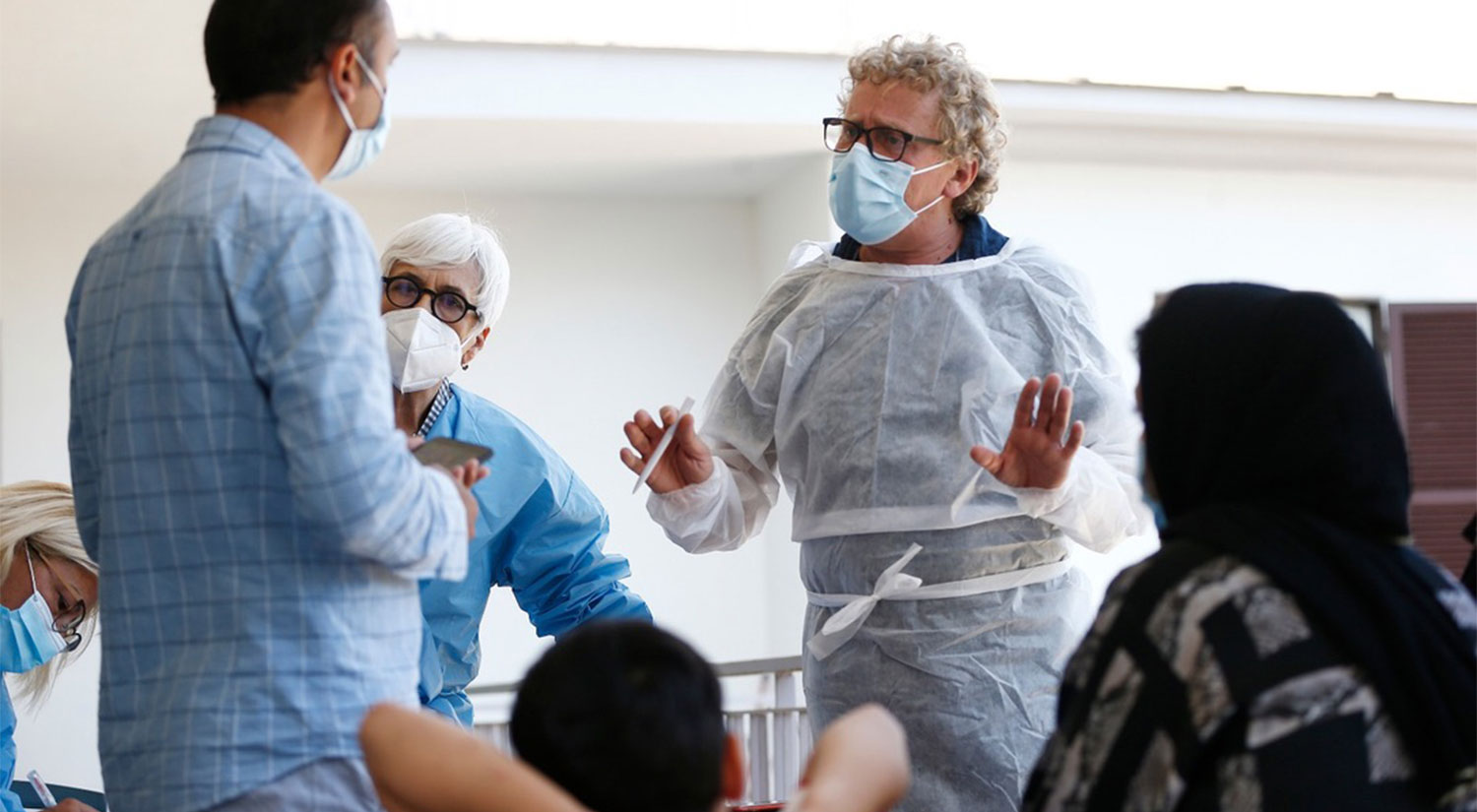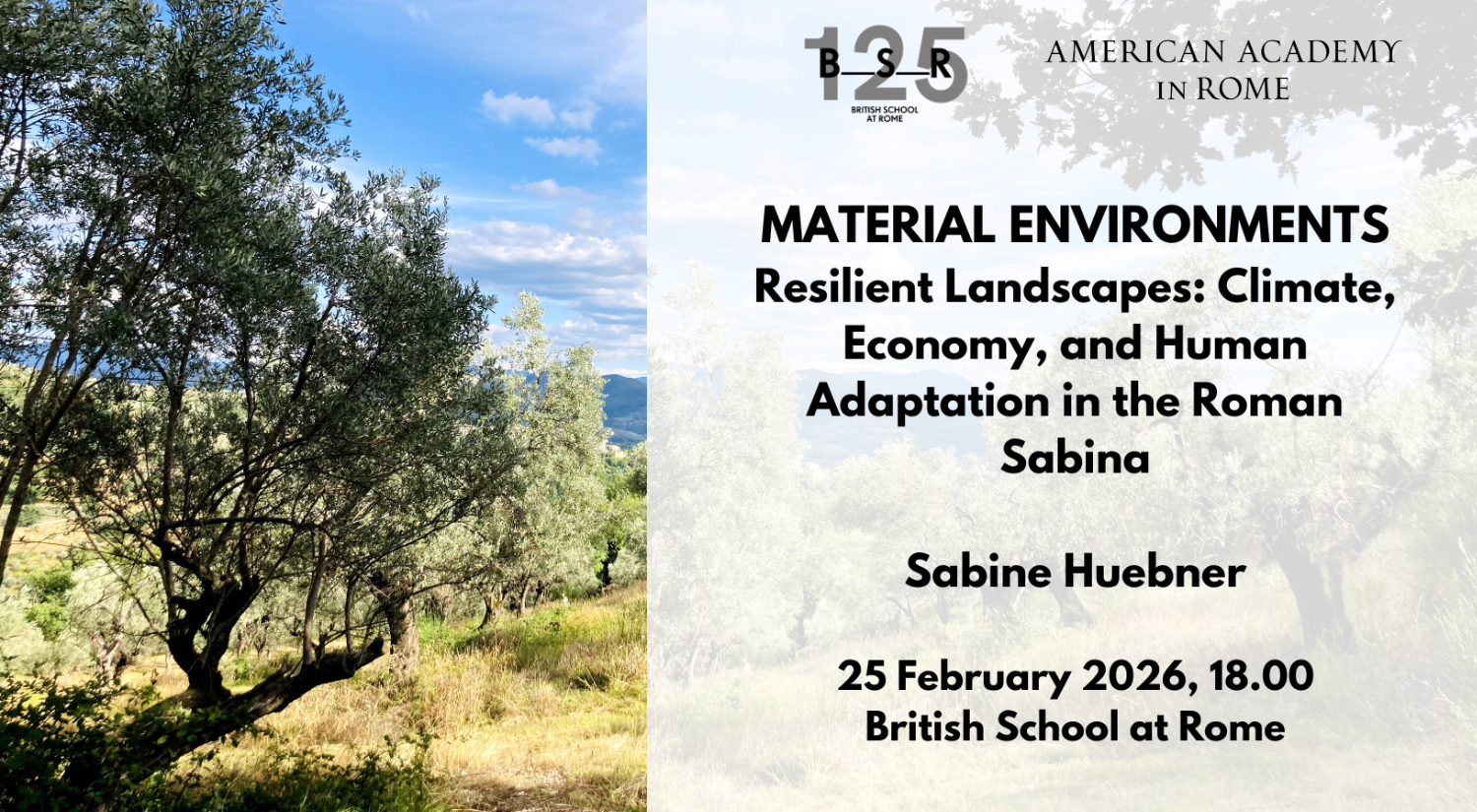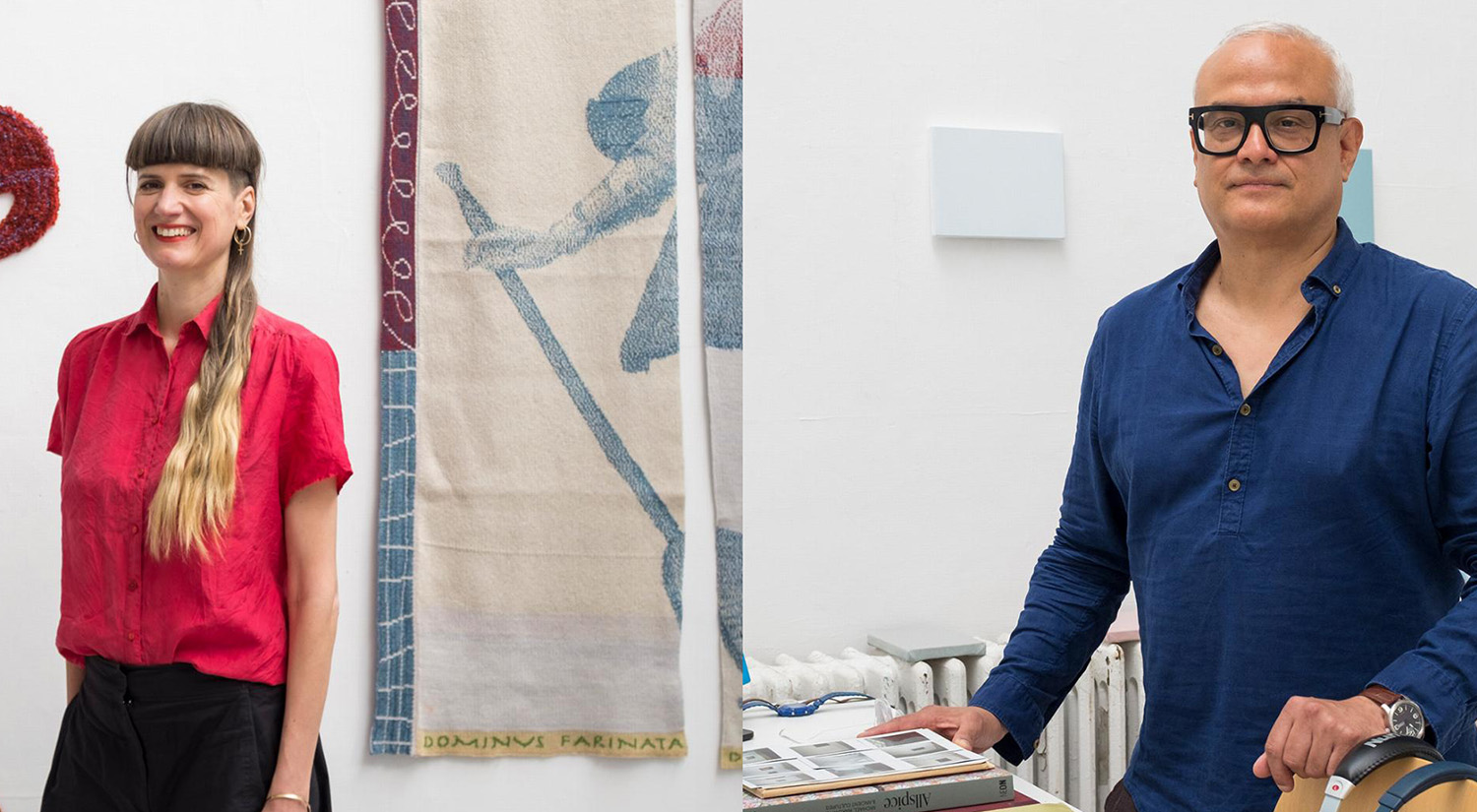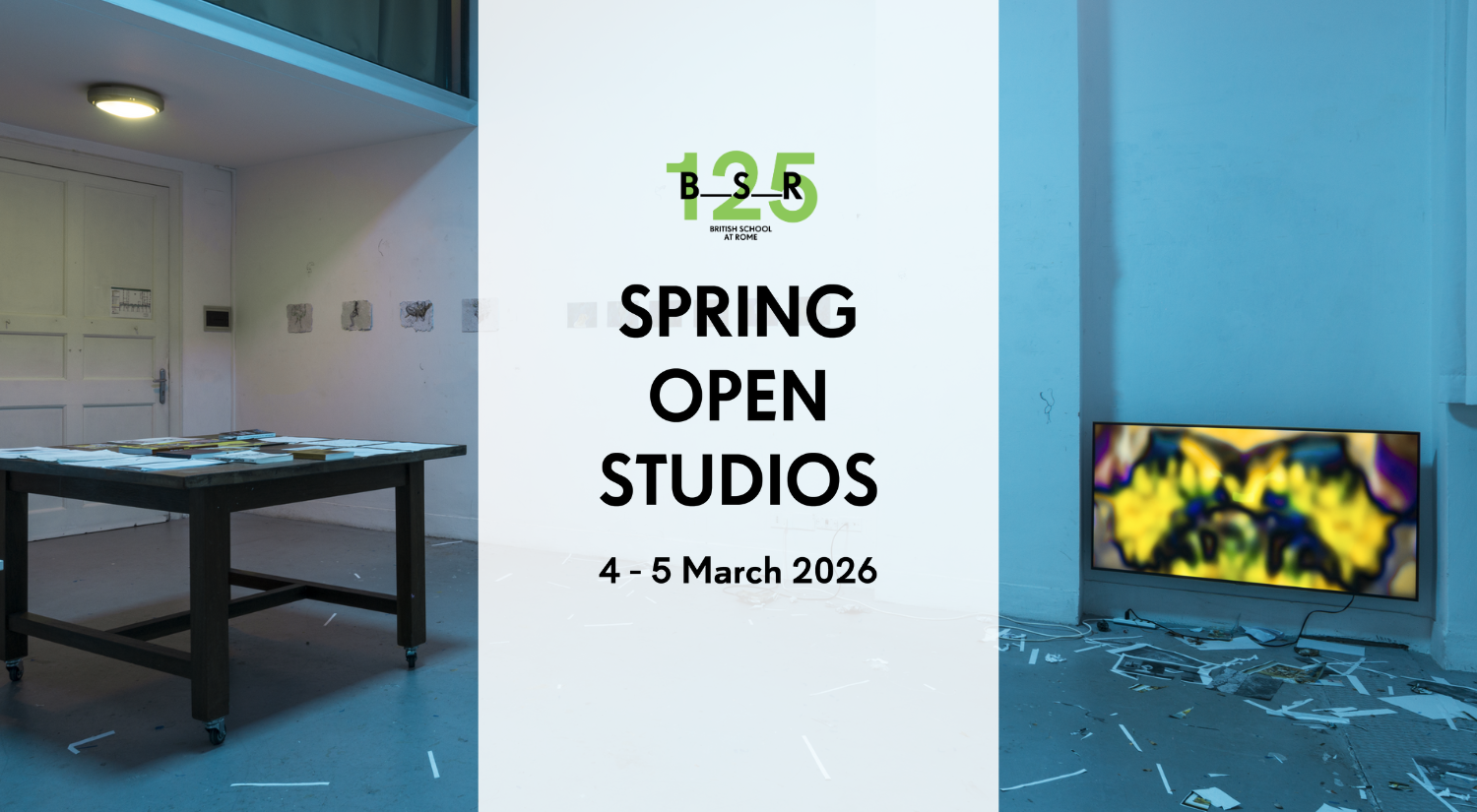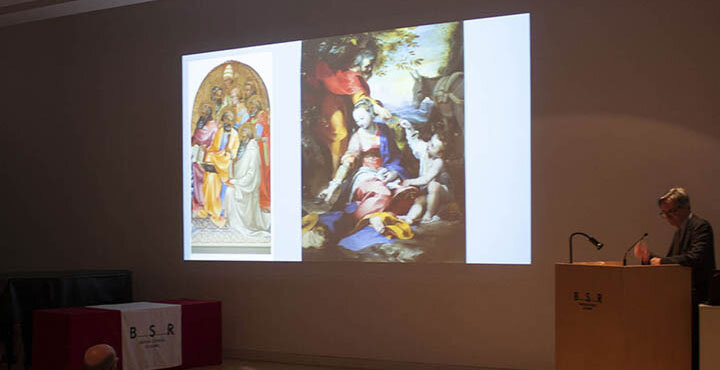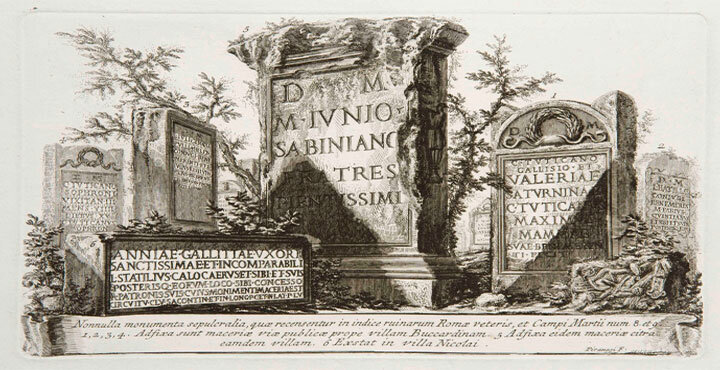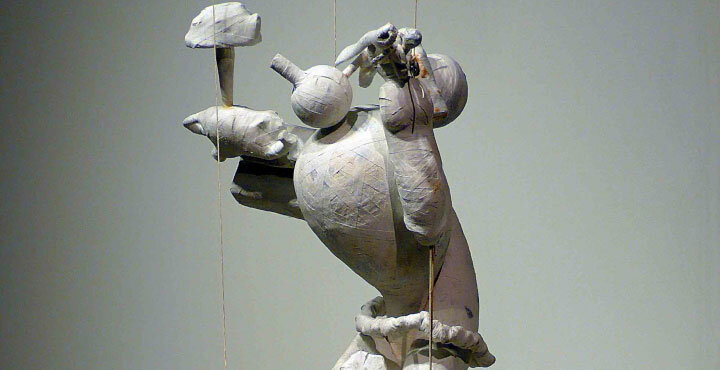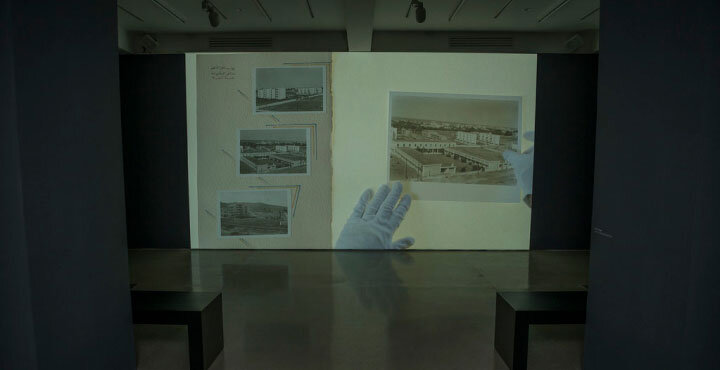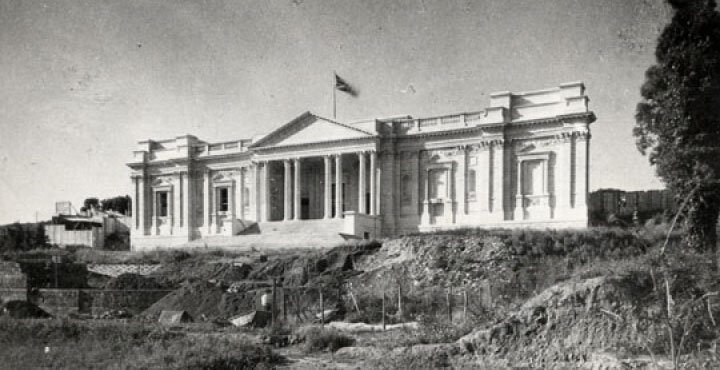National and non-national residents have experienced very different forms of the COVID-19 pandemic, depending on their individual or geographical circumstances. Culturally and linguistically diverse communities, including migrant communities, often struggle to gain access to accurate information, which in turn limits access to health services. Having equal access to health care is a recognized right in Italy, however, access depends also on understanding, receiving, and deciding based on information in a language and format to which one can have access. Precarious living and working conditions, cultural, and linguistic specificities have at times had an impact on already frayed and more at risks groups among resident populations in Italy.
As migrant communities in Europe faced a disproportionate impact of COVID-19 and of access to vaccination, according to a report the European Centre for Disease Prevention and Control (June 2021), the SIMM, Italian Society for Migrant Medicine (May 2021), was calling for lowering informal barriers to accessing the vaccine. Language became important during the vaccination campaign. Faced with the task of reaching the whole population to attain the herd-immunity threshold, the COVID-19 vaccination campaign required a joint effort of ASLs, local authorities, charities, and activists to ensure that foreign residents in Italy were informed on their rights and the practical procedures to vaccinate.
The activity of interpreters, translators, and intercultural mediators supported the vaccination campaign; the project STRIVE: Sustainable Translations to Reduce Inequalities and Vaccination hesitancy (www.striveproj.com) conducted a study among these actors, ASLs, local authorities, and activists. This event presents the results of the project, discussing the role of languages, translation, intercultural awareness, and empathy in the face of the pandemic.
This event will be in English and Italian.
The STRIVE project is funded by the British Academy’s COVID-19 Recovery: building future pandemic preparedness and understanding citizen engagement in the G7 Programme.
Photo credit: Dr Santone of the ASL Roma 1’s SAMIFO (Salute Migranti Forzati) centre.
